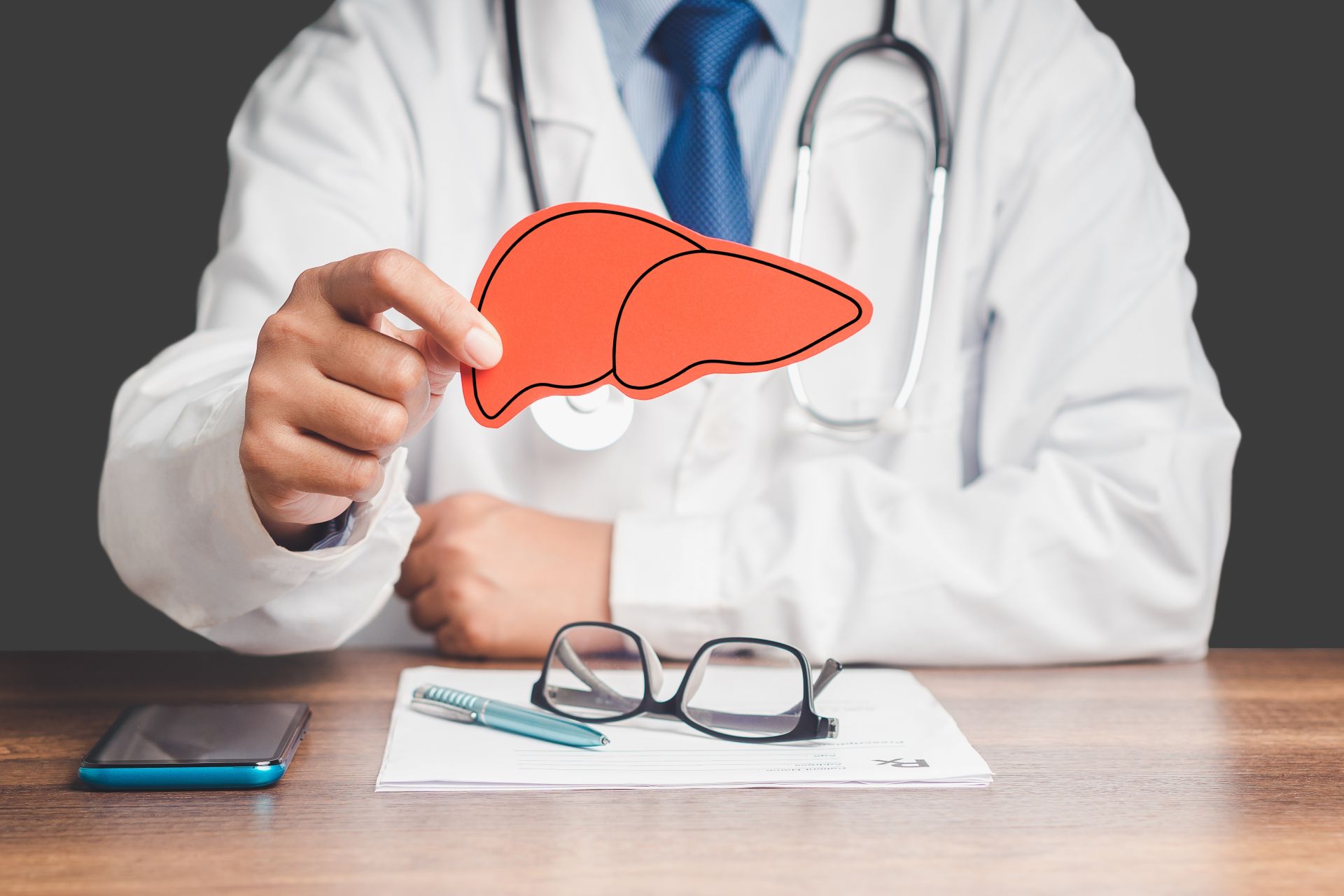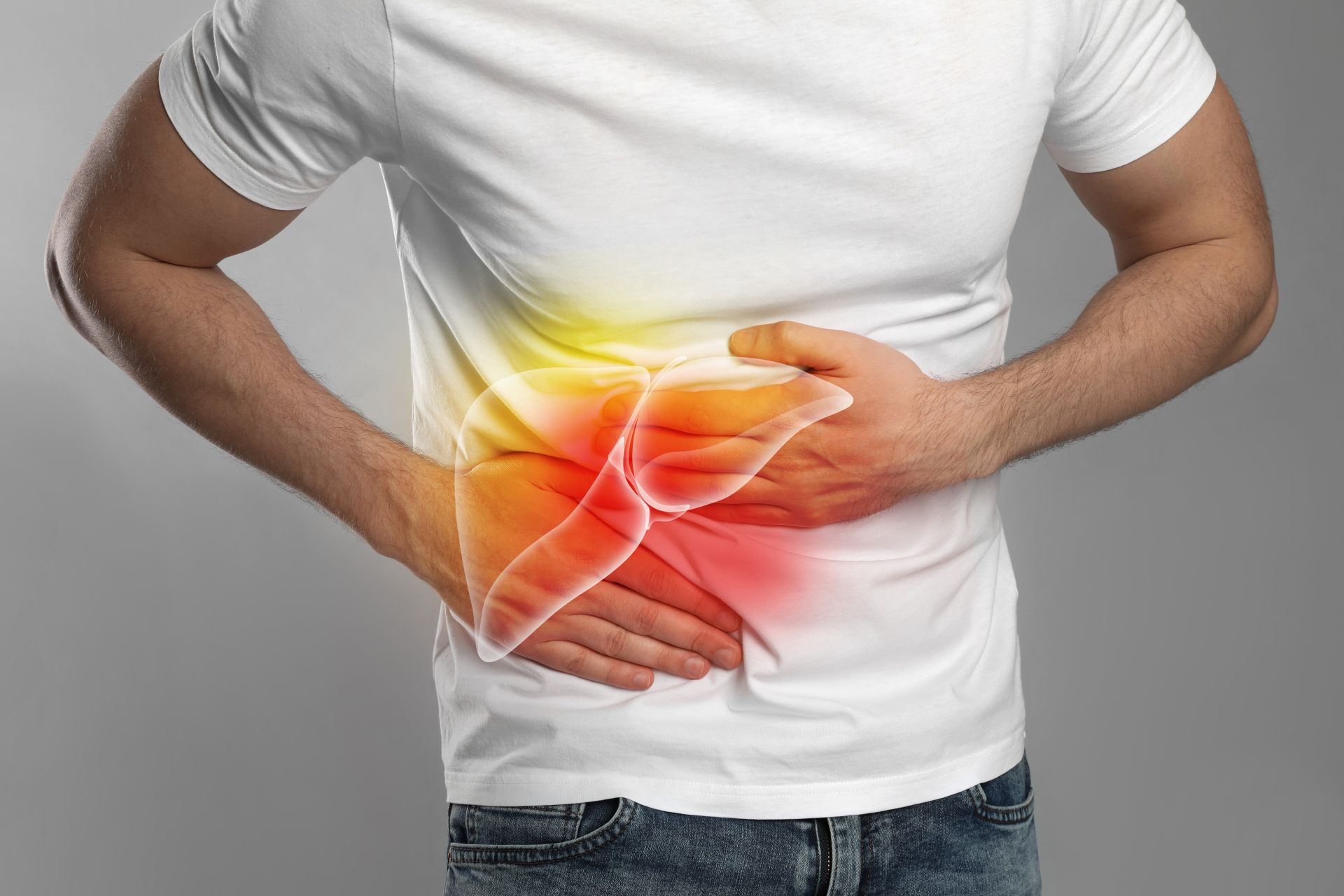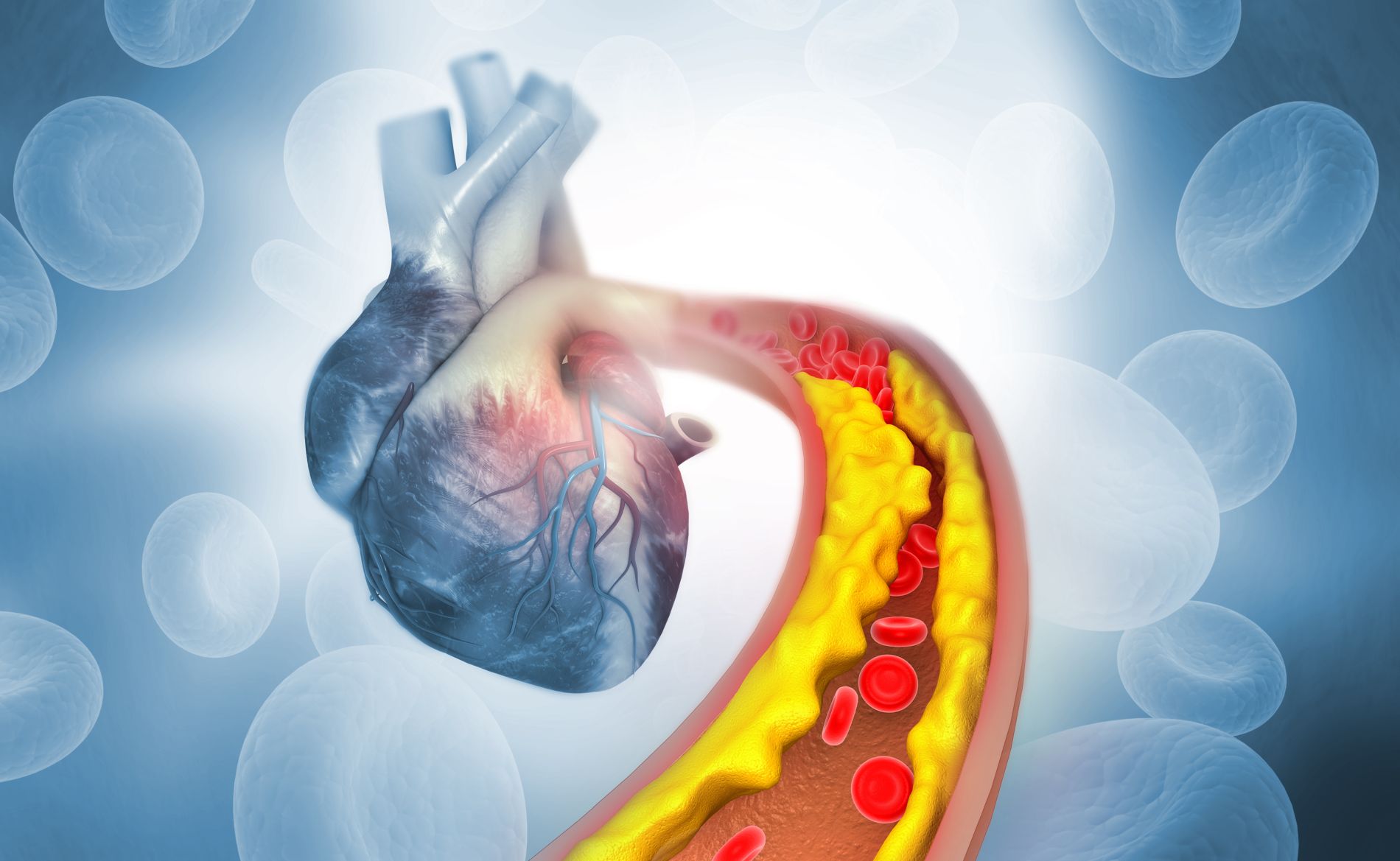NAC and liver health - what are the relationships?

The liver is a much more important organ than you might think. It participates in metabolic processes, detoxification and the production of essential blood components. By taking care of the liver's health, we take care of the entire body. When the liver becomes ill, the consequences can be fatal. An important factor in the pathogenesis of liver disease is oxidative stress. In turn, one of the best antioxidants for liver support is NAC, or N-acetylcysteine. From this article, you'll learn how NAC affects liver health and what benefits can be achieved through supplementation. Read to the end!
Protecting against acute liver failure
Acute liver failure is a condition in which the liver rapidly loses its effectiveness despite the absence of previous diseases of the organ. The potential causes of failure are many, as are the potential serious complications. Symptoms of acute liver failure can include jaundice, fatigue, nausea, vomiting, abdominal pain and impaired consciousness. NAC is one substance that has been well studied in the context of just this condition.
Due to acetaminophen poisoning
NAC as an antidote for acetaminophen (paracetamol)-induced liver damage was first mentioned in 1977, and was more widely adopted in the mid-1980s. The reactive and hepatotoxic metabolite of acetaminophen (N-acetyl-p-benzo-quinone) is detoxified by hepatic glutathione. When natural glutathione stores are too low for the accumulating metabolite, liver cells become damaged and eventually die. NAC restores glutathione levels and contributes to better oxygen supply to the stressed liver, thus preventing irreversible damage.
After paracetamol poisoning, a quick response is necessary. The administration of NAC should take place no later than 8 hours after taking a toxic dose of the drug. The entire protocol of intravenous administration of NAC is then carried out.

For other reasons
May include agents such as viruses, drugs, toxins, herbal medicines and autoimmune diseases. NAC has been used in mushroom poisoning, herbicide poisoning(Paraquat), chloroform poisoning, and protection against steatosis caused by polychlorinated biphenyls (PCBs) and other poisonings.
The effectiveness is due to similar reasons as in acetaminophen poisoning, but the situation is not identical. For poisoning with substances other than paracetamol, glutathione replenishment plays a lesser role, since toxicity is not due to depletion of this antioxidant, and the exact mechanisms are not yet fully understood. Anti-inflammatory, antioxidant and vasodilator properties are key. NAC is suspected to have a beneficial effect in this situation by optimizing oxygen supply and improving systemic hemodynamics. NAC reduces mortality and shortens the average length of hospital stay.
NAC and non-alcoholic fatty liver disease
This disorder affects up to 25% of the population and can lead to serious pathologies such as liver fibrosis. There is evidence that NAC can block lipid accumulation in the liver and provide therapeutic benefits in preventing the metabolic complications that occur in non-alcoholic fatty liver disease (NAFLD). NAC has also been noted to reduce pro-inflammatory markers such as IL-6 and IL-1β, TNF-α and NF-κB.
One clinical study showed that oral administration of NAC (600 mg every 12 h) for 3 months resulted in reduced alanine transaminase (ALAT) levels and spleen size in the NAC-supplemented group compared to patients receiving vitamin C. The study suggests that a reduction in fatty infiltration may be associated with a reduction in spleen size, and that longer follow-up of these individuals may yield better results.
The efficacy is primarily due to antioxidant activity and attenuation of lipid peroxidation. This is supported by most preclinical studies and several clinical trials, but there is still a need for larger clinical trials for full confirmation.
Summary
NAC supports overall function by providing better availability of the bricks to build liver glutathione, but in specific cases it can also protect against acute and very dangerous liver conditions, such as after poisoning with paracetamol or other toxins. NAC's liver-supporting properties have given this substance exceptional recognition in the medical and pharmaceutical world.
Sources:
 ⮜ Previous article
⮜ Previous article
Nattokinase - a natural enzyme for cardiovascular health
 Next article ⮞
Next article ⮞